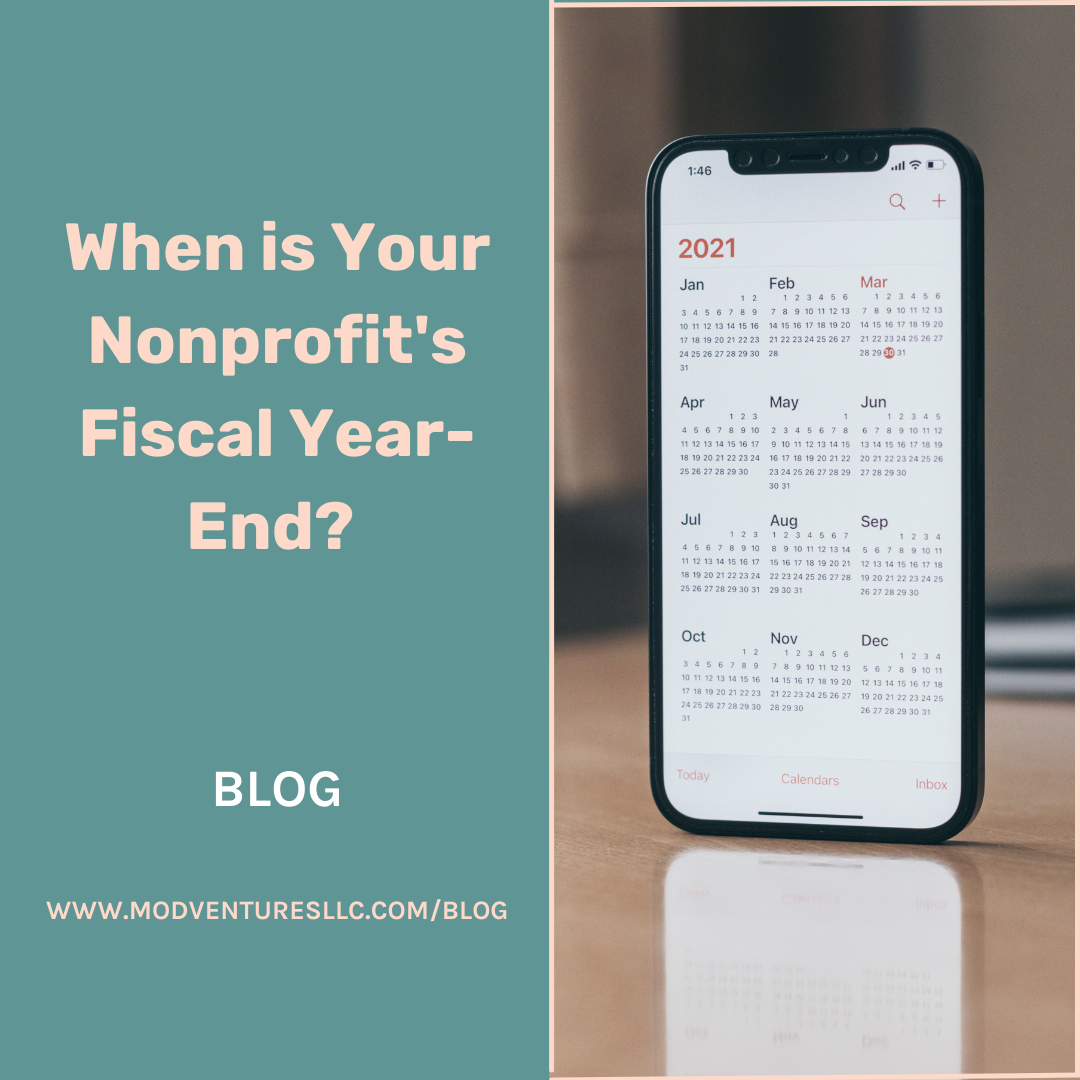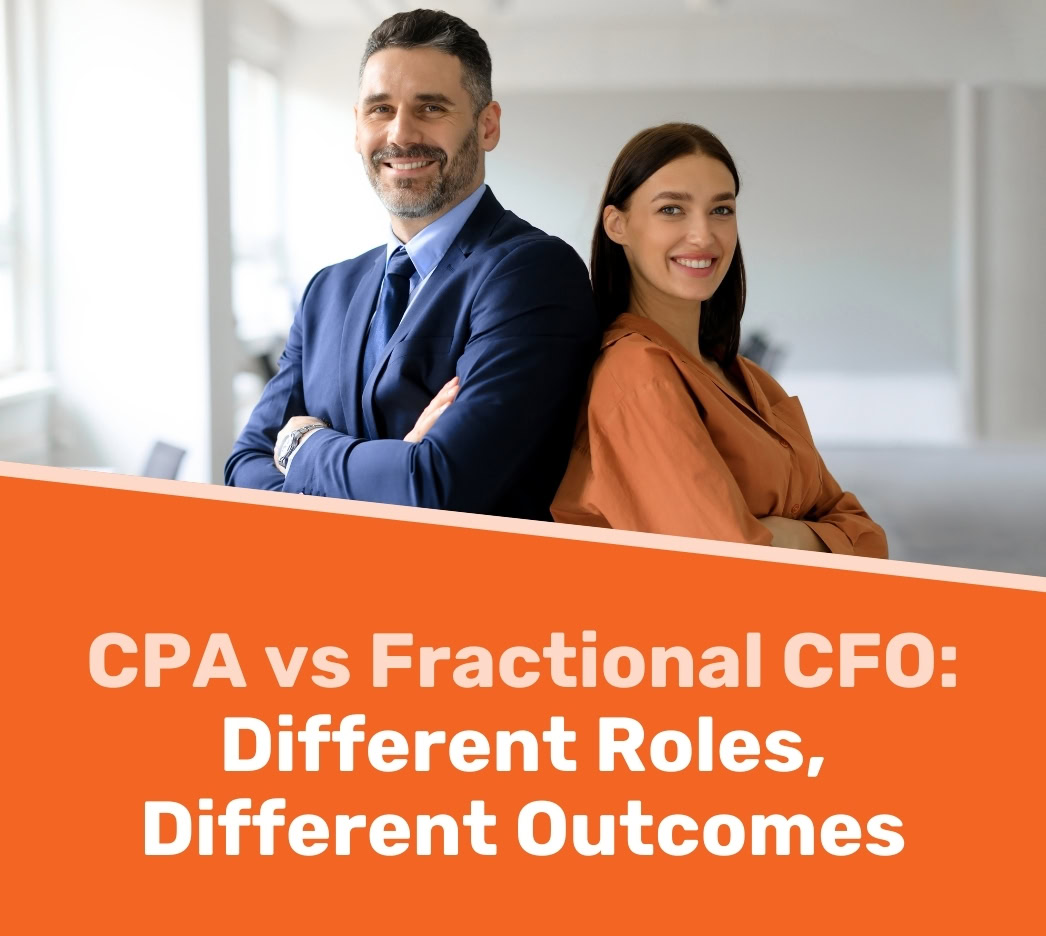By: Gabrielle Luoma CPA, CGMA
By: Gabrielle Luoma CPA, CGMA
Nonprofits have a special experience, they’re are allowed to file taxes one of two ways: using their calendar year or their fiscal year. While the calendar year remains the same for all nonprofits, a fiscal year can vary.
A fiscal tax year is 12 consecutive months ending on the last day of any month that is not December. This tax style may be a 52-53 week tax year that varies from 52 to 53 weeks but does not have to end on the last day of a month.
Most nonprofit organizations have no issue filing their taxes based on the traditional year-end of December 31st. Other organizations may find that this traditional year-end can be an inconvenience to the nonprofit. In this situation, a nonprofit organization can opt to utilize the fiscal year-end.
So, when is your nonprofit’s fiscal year-end and why does it matter?
When is Your Nonprofit’s Fiscal Year-end?
You determine your nonprofit’s fiscal year-end by taking into consideration the ebb and flows of your revenue cycle – or, at least, the average nonprofits revenue cycle. Opting for the fiscal year end can help you clarify your revenue streams and take control of your budgeting rather than deal with a possibly volatile Q4. You are are to handle fluctuations in revenue that could potentially skew your budgeting, like large end-of-year donation.
You should consider a few things when setting up your fiscal year-end, such as:
- Program Year
- Grant Cycles
- Primary Funder’s Fiscal Year
- Revenue Cycles
- Audits
- Debts
- State Charitable Registrations
Many nonprofits choose June 30th as their fiscal year-end, but if most of your programs are hosted during the summer, it’s probably not the best solution for you.
RELATED POST: Nonprofit Statement of Activities: What Is It?
How to Change Your Nonprofit’s Year-End
When you are ready to change your nonprofit’s year-end from the traditional year-end to a new fiscal year-end, you will need to file aForm 1128. This form is designed to allow corporations, individuals, trusts, and most other entities to adopt, change, or retain a tax year.
Before filing, read through the requirements and restrictions as noted by the IRS. If you decide to change your accounting period, you will also need to file a Form 990. This is to account for this short period of time resulting from the change in your fiscal year.
When to Change Your Nonprofit’s Year End
You cannot change your nonprofit’s end of year at any time, you have to abid by the limitations set by the IRS. If you wish to change your fiscal year, your form must be filed by the 15th day of the 5th month ensuing the close of the new fiscal year.
If your nonprofit is considering changing your fiscal year-end but are not sure when would be the best time, consult with the experts at MOD VENTURES LLC. Work with us through our client advisory services to ensure accurate accounting and a seamless tax year.
You May Also Love
CLOSE






